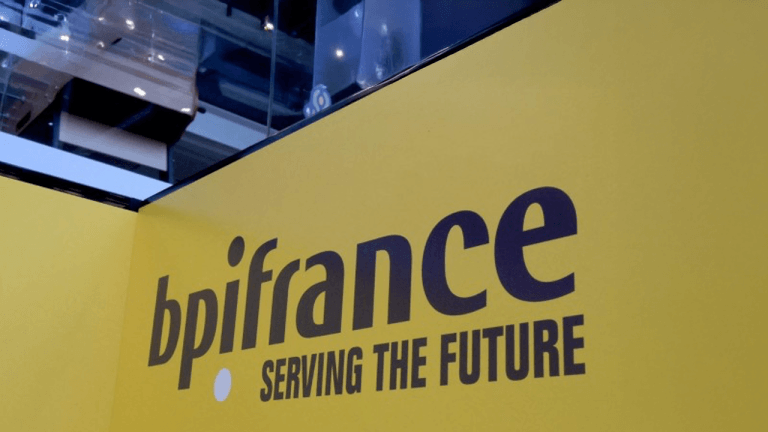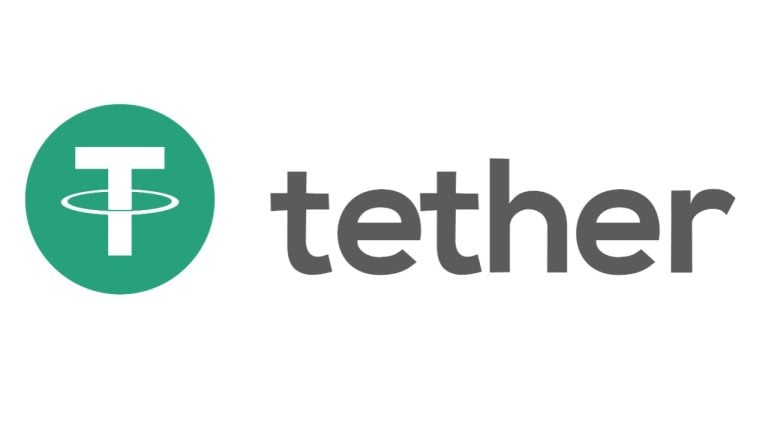
Supreme Court overturns Chevron deference, reshaping crypto policy
Photo by Brad Weaver on Unsplash.
Key Takeaways
- The Supreme Court’s overturn of Chevron limits the SEC’s interpretive authority over crypto.
- The decision mandates judicial resolution of statutory ambiguities, impacting broader regulatory practices.
Share this article
The US Supreme Court’s 6-3 decision to overturn the Chevron doctrine marks a significant shift in federal regulatory power, with potential far-reaching implications for crypto policy.
The ruling, led by Chief Justice John Roberts, dismantles a 40-year-old legal precedent that required courts to defer to federal agencies’ interpretations of ambiguous laws, potentially presenting a substantial impact to the SEC’s approach on crypto policy.
Under the previous Chevron doctrine, agencies like the SEC had considerable leeway in interpreting and enforcing laws in emerging sectors such as crypto. The new ruling mandates courts to exercise independent judgment in assessing whether agencies have acted within their statutory authority.
For the crypto industry, which has faced regulatory uncertainty and aggressive SEC enforcement actions under Chairman Gary Gensler, this decision could prove advantageous. This would mean that agencies are now required to practice more caution over their regulatory reach, especially in emerging technologies such as crypto and AI.
By extension, the ruling may also impact the ongoing legal struggles between the SEC and major crypto firms like Coinbase, Ripple, Binance, and Kraken. These companies have argued that the SEC is overstepping its authority in classifying certain digital assets as securities.
Economist Timothy Peterson views the decision as a victory for Bitcoin, arguing it will prevent the SEC from acting as an automatic subject matter expert on crypto. This change could lead to closer scrutiny of the SEC’s regulatory stance and potentially fairer regulations.
“[The] “Chevron” doctrine meant that the enforcement agency was the automatic subject matter expert. Now, they are not. #SCOTUS overturning Chevron deference limits the SEC’s unilateral interpretive power against Bitcoin. All those ‘staff opinions’ that said “such and such is a security”? Gone,” Peterson said on X.
Critics of the Chevron doctrine, primarily conservatives, have long argued it gave too much power to unelected regulators. However, dissenting Justice Elena Kagan warned of potential large-scale disruption in federal regulation.
The decision aligns with recent perspectives from figures like Balaji Srinivasan, who suggests the Chevron reversal could accelerate innovation in heavily regulated sectors, including crypto.
While the full impact of this ruling on crypto regulation remains to be seen, it could potentially lead to more balanced regulatory approaches and encourage Congress to take explicit action to clarify existing statutory ambiguities.
Share this article
Go to Source
Author: Vince Dioquino









